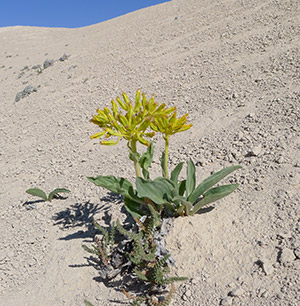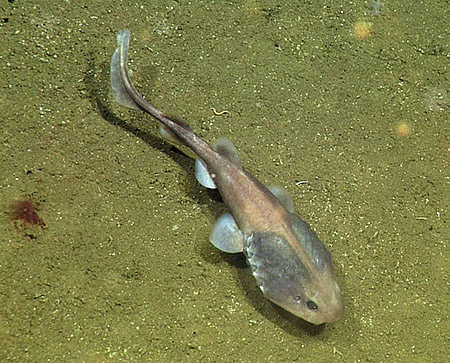
UW Research Provides Insight on Survivability of Rare Wyoming Plant
By University of Wyoming 3/5/2019 A rare plant found only at two sites in central Wyoming has persisted, in part, because it can recover from relatively low densities and grows at different rates within each location, according to new research led by a University of Wyoming scientist. The desert yellowhead, which grows on fewer than 55 acres in the Beaver…
